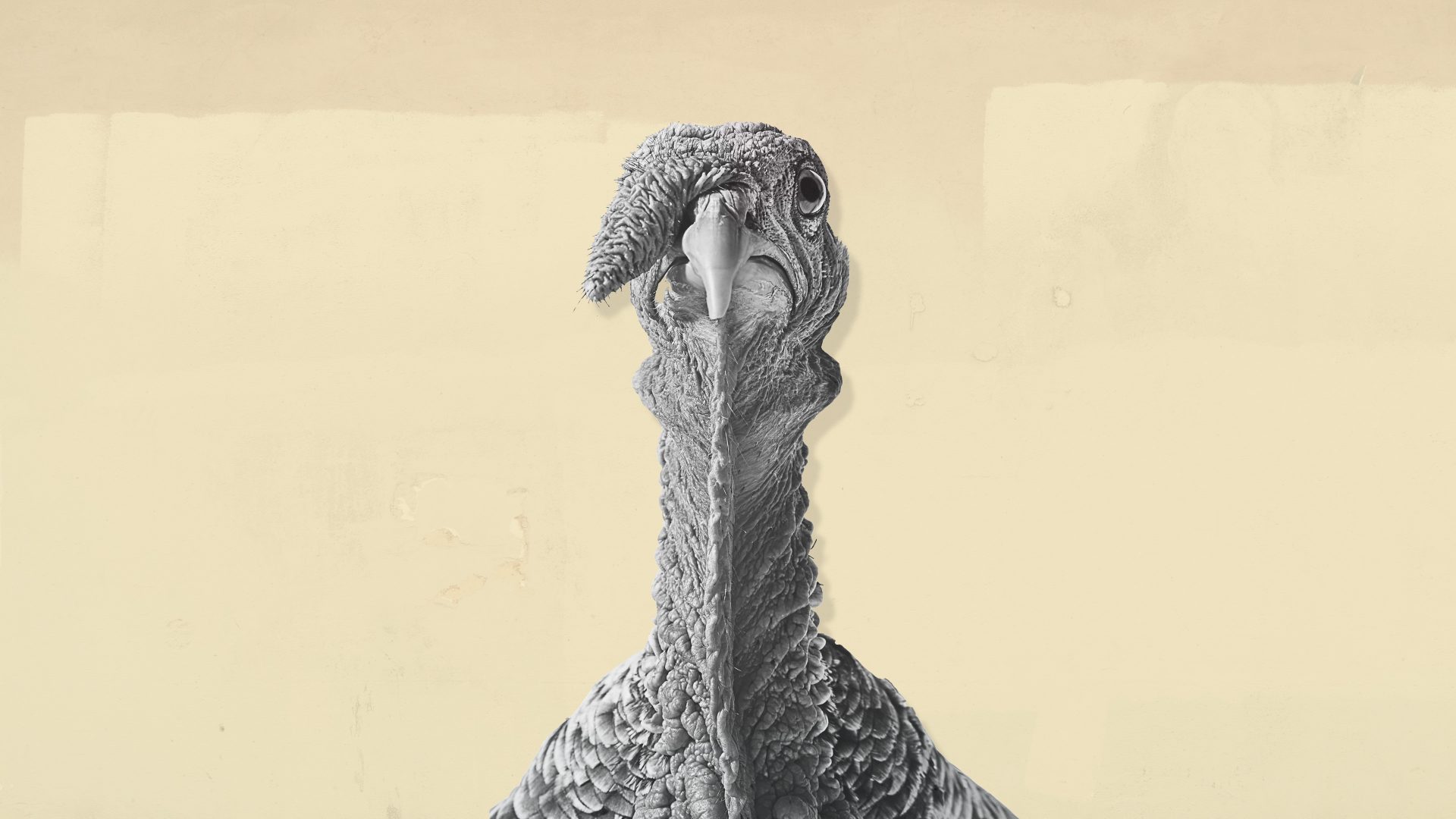Peter Singer wants to put you off your Christmas lunch. The 78-year-old has been outspoken on many issues in his long life, including animal welfare, effective altruism, and, most controversially, disability.
His books and articles have changed how people live: many, for example, have become vegetarians or vegans after reading them, others have donated large amounts of their wealth to charity, persuaded by his arguments that the comparatively rich should be helping disadvantaged people wherever they are.
Yet at the same time, his adherence to a utilitarian framework can make his ethical thinking appear crude and dogmatic to those who believe there are higher values than simply maximising pleasure and minimising suffering. He argues that we should give the same consideration to the suffering of a non-human animal that we would to a human being undergoing a similar level of suffering. To do anything else, he maintains, is a form of speciesism.
Speciesism, like racism, is something to be ashamed of, condemned, and avoided. Doing the suffering calculation (as a strict utilitarian should) can be complicated, of course, and he acknowledges that different species have different capacities for pain. How, for example, do you compare the suffering of a kitten that has been left to die in the cold by an uncaring owner with that owner’s painful toothache, or the suffering of a fox that is chased by and torn apart by hounds?
Perhaps because he realises that many readers won’t be swayed by this kind of utilitarian argument, and yet are still moved by animal suffering, Singer opens his latest book, Consider the Turkey, with a gruesome description of the lives of these birds. This is intended to persuade you that the suffering of intensively farmed turkeys is too high a price to pay for lunch.
Most domesticated turkeys are bred for size – the amount of meat, particularly breast meat, that can be created in a short amount of time. They gain weight quickly, a side-effect of which is that it becomes difficult for them to mate.
Consequently, artificial insemination is the typical way they are conceived. According to Singer, this is a brutal process, and he asks whether having the steaming slice of turkey breast on your plate is worth the ethical cost of breeding a misshapen bird and having poorly paid workers spend hours masturbating male turkeys, and pushing turkey semen into the vaginas of resistant female birds.
There’s more in that vein, too. Although it’s possible to eat wild turkey, most turkey that ends up on people’s plates is intensively farmed in windowless sheds. Wild turkeys roam in groups of about 20 over a considerable distance. They establish a “pecking order”, a hierarchy that is reinforced with the beak.
Domesticated turkeys also establish this pecking order. The problem is, many ways of rearing turkeys put large numbers of them together in sheds without room to escape the insistent attacks of those around them. The farmers’ solution, rather than giving them space to roam, is to debeak them (or, strictly, to trim the tips off their beaks).
That can be a painful process for the birds. A turkey’s beak contains many sensory receptors and trimming it is very different from, for example, trimming fingernails. Nor does it eliminate the distress of these animals in close proximity all vying for superiority: it just blunts their weapons.
Singer focuses almost entirely on the US in his book, but wants his arguments to have wider implications. The US is the world’s largest turkey producer (much of it aimed at supplying demand around Thanksgiving), and also the largest exporter of turkey products. As a utilitarian, Singer concentrates on the greatest amount of suffering, and so the country that produces over 200m turkeys a year for internal consumption, and has, by his account, woefully inadequate welfare laws, is the place where he can make the most impact.
But even though in the UK we have better welfare provisions, we should not feel smug. Far from it. Much of what he writes about the intensive farming of turkeys applies just as much here.
For anyone who cares about animal suffering, it should be a no-brainer that eating intensively farmed turkey is unethical. Singer has two quite reasonable solutions.
The radical one: stop eating turkey meat altogether (and he provides some vegan recipes to help you). Or if you can’t do that and can afford it, buy free range. You don’t have to be a utilitarian to see it makes sense to consider the turkey.



